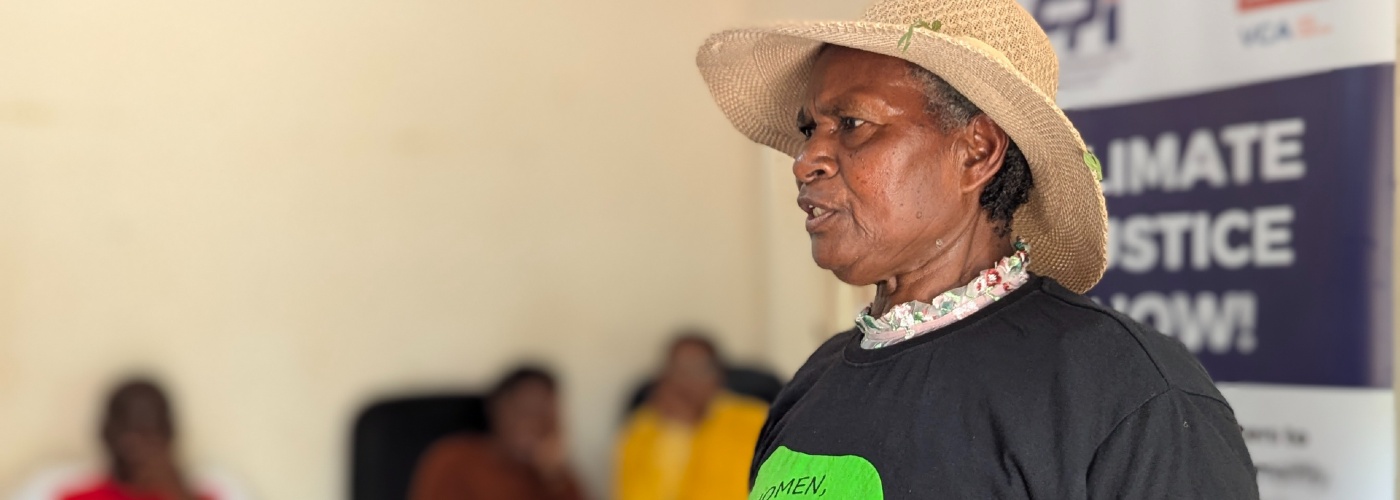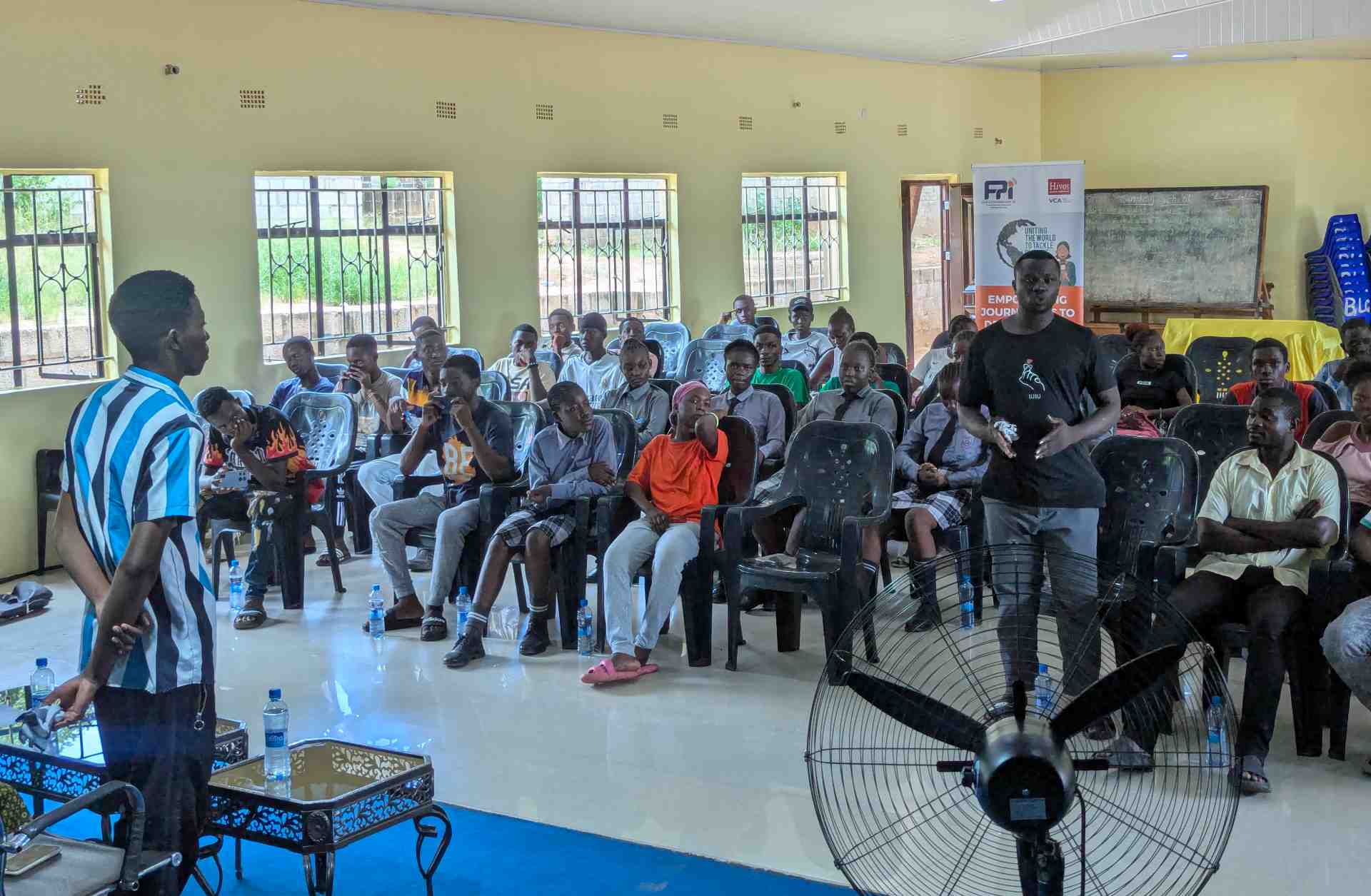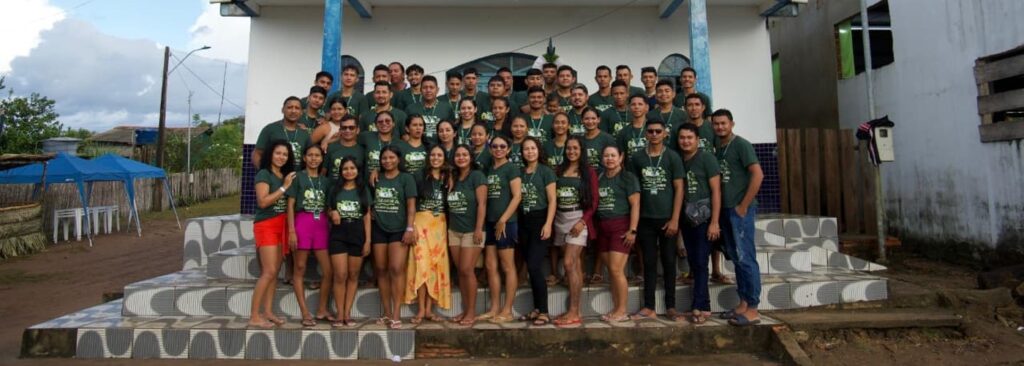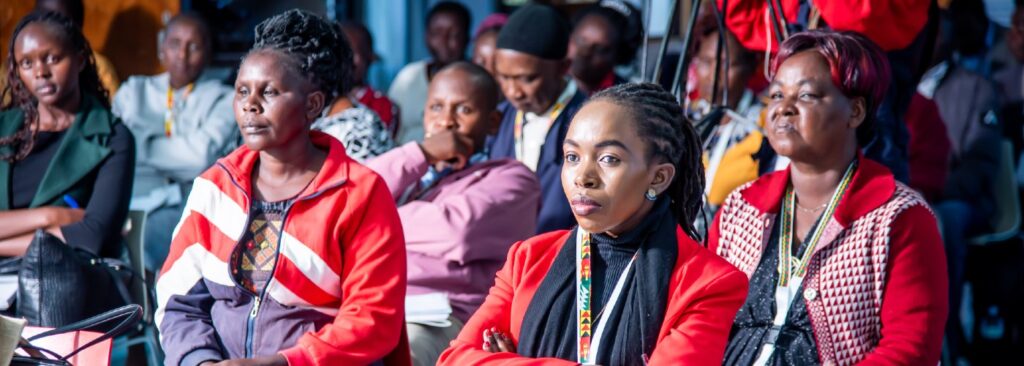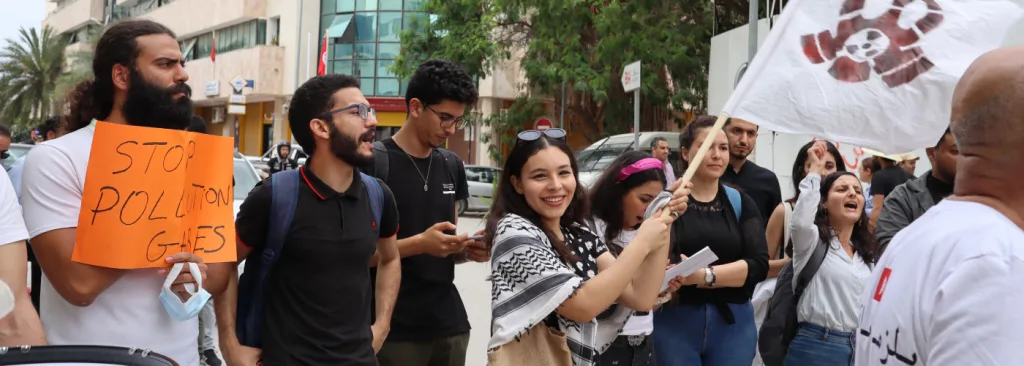The Free Press Initiative (FPI) trains journalists to address climate change in the Zambian media landscape. Through investigative journalism, storytelling, and workshops, they inform vulnerable groups and amplify the lived experiences of communities affected by climate change.
FPI focuses on journalists’ ability to report the real-life impacts of climate change with stories that draw attention to local challenges and community-driven solutions. Journalists across all ten provinces of Zambia have received FPI training, ranging from an intensive eight-month investigative journalism course to short-term workshops on media ethics, basic reporting, climate journalism, and newsroom management.
By strengthening the capacity of journalists and media outlets, FPI ensures that environmental issues receive informed, consistent, and effective coverage. And by using both traditional and social media, they make sure vulnerable groups such as women, youth, and rural communities gain better access to climate-related information. This results in much greater public awareness and engagement.
Radio dramas and townhall meetings for climate awareness
FPI also uses creative and participatory methods such as radio dramas and town hall meetings to reach communities. These platforms encourage locals to share their experiences and perspectives on climate change, which humanizes environmental journalism through relatable storytelling.
Since its start, FPI has broadcast 15 radio dramas. In Chirundu District, for example, a drama titled “My Environment, My Responsibility” aired twice weekly on a local station. Delivered in local languages – Goba, Tonga, Nyanja, and Bemba – as well as English, the program explored climate change and its effects on the community. It created an interactive space for dialogue between community members, climate experts, and local leaders.
FPI’s country manager Joan Chirwa explains: “In our community gatherings, we find that some people still don’t believe in climate change. This highlights the need for continued sensitization through town hall meetings and radio programs that speak to local people in a way they can relate to.”
Investigative journalism for environmental justice
Investigative journalism has proven to be a powerful tool in highlighting the impacts of climate change in Zambia. It reveals how extreme weather events disrupt social and economic life, especially in vulnerable parts of the country. “Extreme weather severely damages local infrastructure and therefore disrupts education, but it also displaces families,” says Joan. “Investigative journalism has unveiled the disproportionate implications this has for communities, raising awareness about environmental justice.”
Voices for Just Climate Action
With support from the Voices for Just Climate Action Program (VCA), FPI has enabled other Zambian VCA partners to share their impact stories widely. It also helped develop five investigative stories and partnered with three radio stations to produce and broadcast climate-focused programs. And FPI’s Media Climate Action Groups help organize town hall meetings in different districts. “Support from Hivos has strengthened our efforts to amplify the voices of local farmers and rural residents, highlight the impacts of climate change, and explore grassroots solutions,” sums up Joan.

